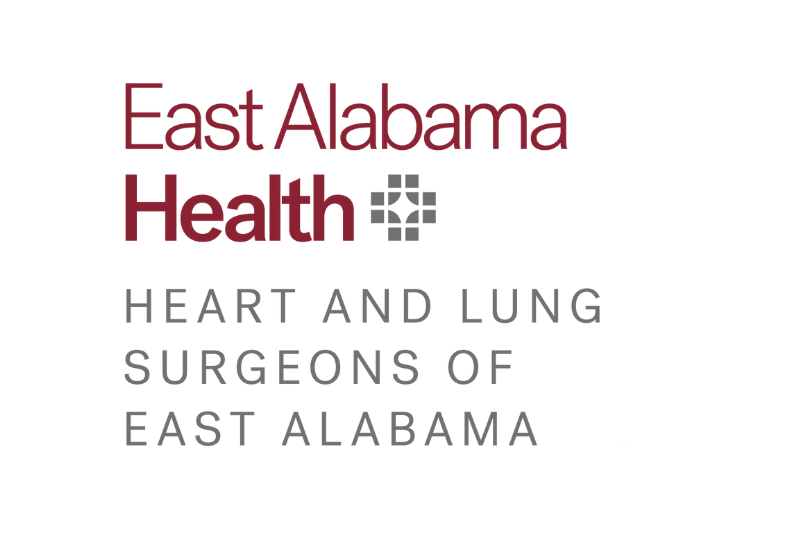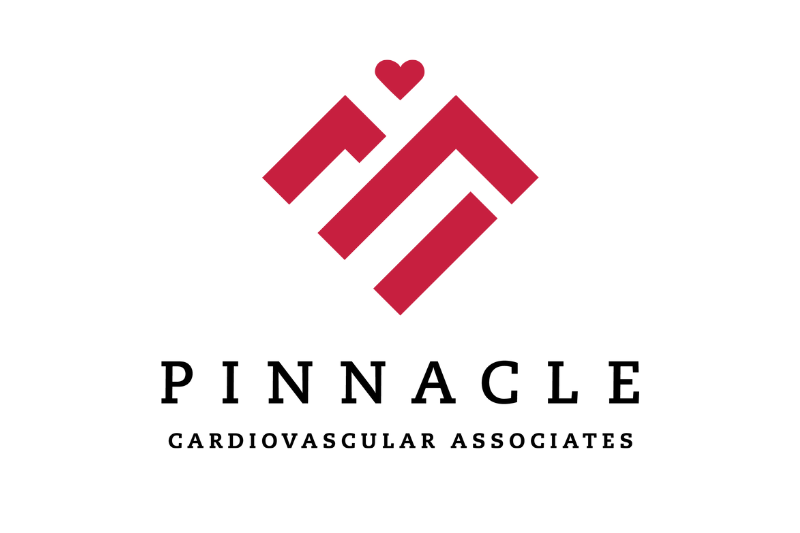Arrythmia
What Is Arrhythmia?
Arrhythmia is a condition where the heart beats too fast, too slow, or irregularly. While some arrhythmias are harmless, others can lead to serious health complications, affecting blood flow to vital organs.
Types of Arrhythmia
- Tachycardia – A fast heartbeat (over 100 beats per minute)
- Bradycardia – A slow heartbeat (under 60 beats per minute)
- Atrial Fibrillation (AFib) – An irregular and often rapid heartbeat
- Ventricular Fibrillation – A life-threatening arrhythmia requiring immediate medical attention
Symptoms of Arrhythmia
Arrhythmia symptoms vary but may include:
- Palpitations (a racing or fluttering heart)
- Dizziness or lightheadedness
- Shortness of breath
- Chest pain or discomfort
- Fatigue or fainting
If you experience severe or sudden symptoms, seek medical help immediately.
Causes & Risk Factors
Arrhythmias can result from:
- Heart disease or high blood pressure
- Stress or excessive caffeine/alcohol intake
- Electrolyte imbalances
- Certain medications
- Genetic predisposition
Diagnosis & Treatment
Doctors diagnose arrhythmias using electrocardiograms (ECG/EKG), Holter monitors, and stress tests. Treatment options include:
- Medications – To regulate heart rhythm
- Lifestyle Changes – Diet, exercise, and stress management
- Medical Procedures – Pacemakers, defibrillators, or ablation therapy
Living with Arrhythmia
With proper management, many people with arrhythmia live full, healthy lives. Working closely with your healthcare provider is key to controlling symptoms and reducing risks.
If you or a loved one is experiencing irregular heartbeats, don’t ignore the signs. Talk to your doctor today and take proactive steps toward heart health.









